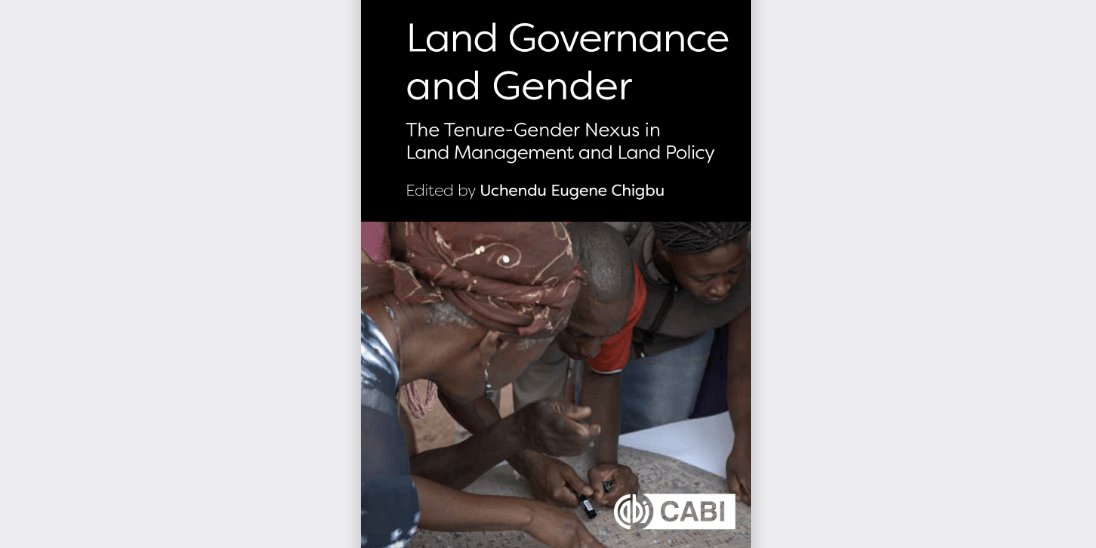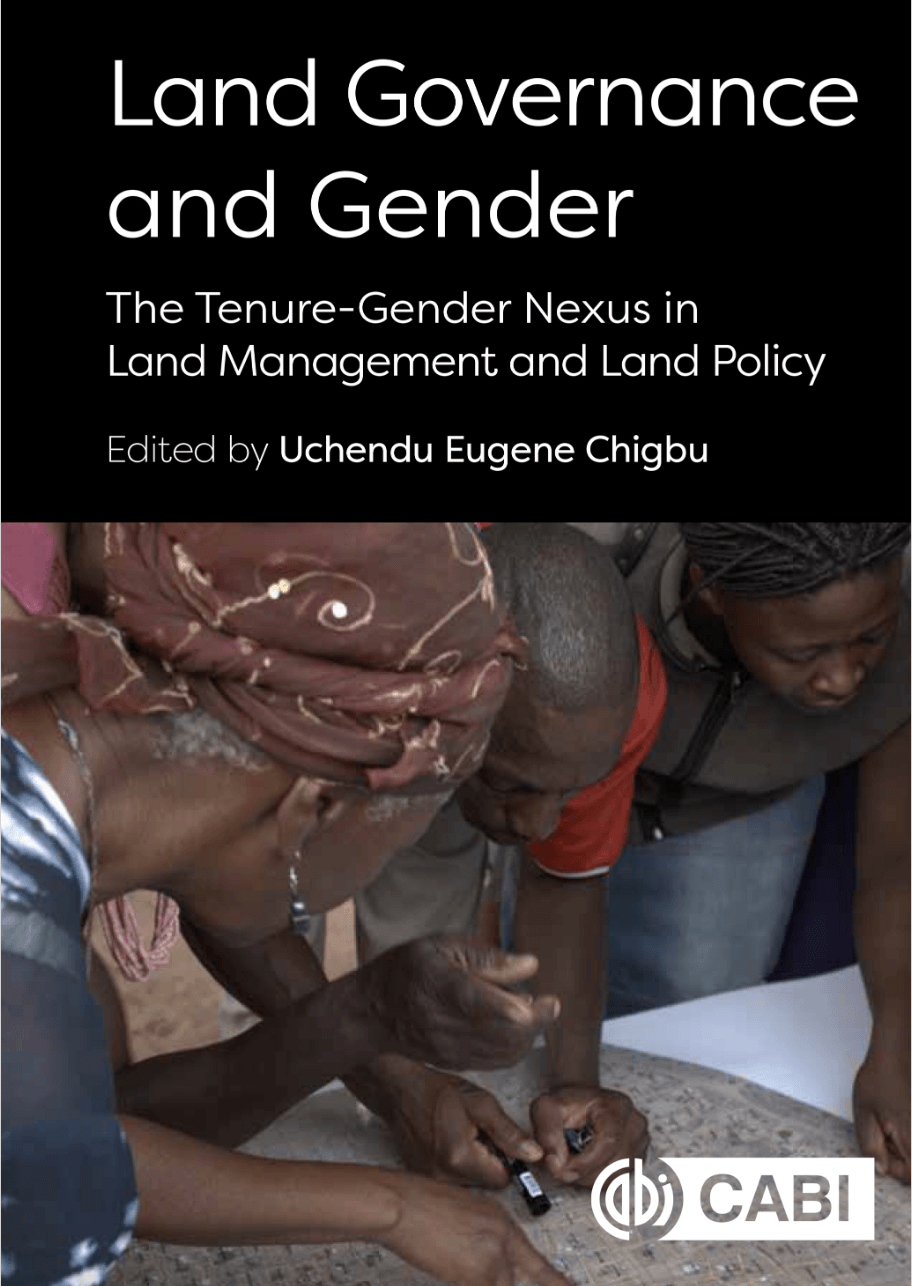‘Land inheritance is an important process through which women negotiate access to the resource. Legal pluralism renders land inheritance a complex process for those who rely on inheritance as a source of land. This chapter uses the case study of Lesotho to highlight how legal pluralism influences women’s land inheritance in Lesotho. The research applied qualitative research approaches using both primary and secondary data to analyse the status of women’s access to land in Lesotho. Primary data collection was undertaken in Maseru and Mafeteng using key informant interviews, focus group discussions and field visits. Key informants included women’s organizations, government representatives, Habitat for Humanity staff and beneficiaries, private sector, paralegals, traditional leaders, community councils, widows and land right organizations. Focus group discussions focused on the community council and paralegals, and the Land Advocacy reference group. Secondary data was obtained from published and unpublished sources. The findings were validated through a national workshop with key stakeholders in Lesotho. This means that the study findings can be used as a basis for drawing insights on women’s land inheritance experiences of statute, custom and practice in Lesotho.’



